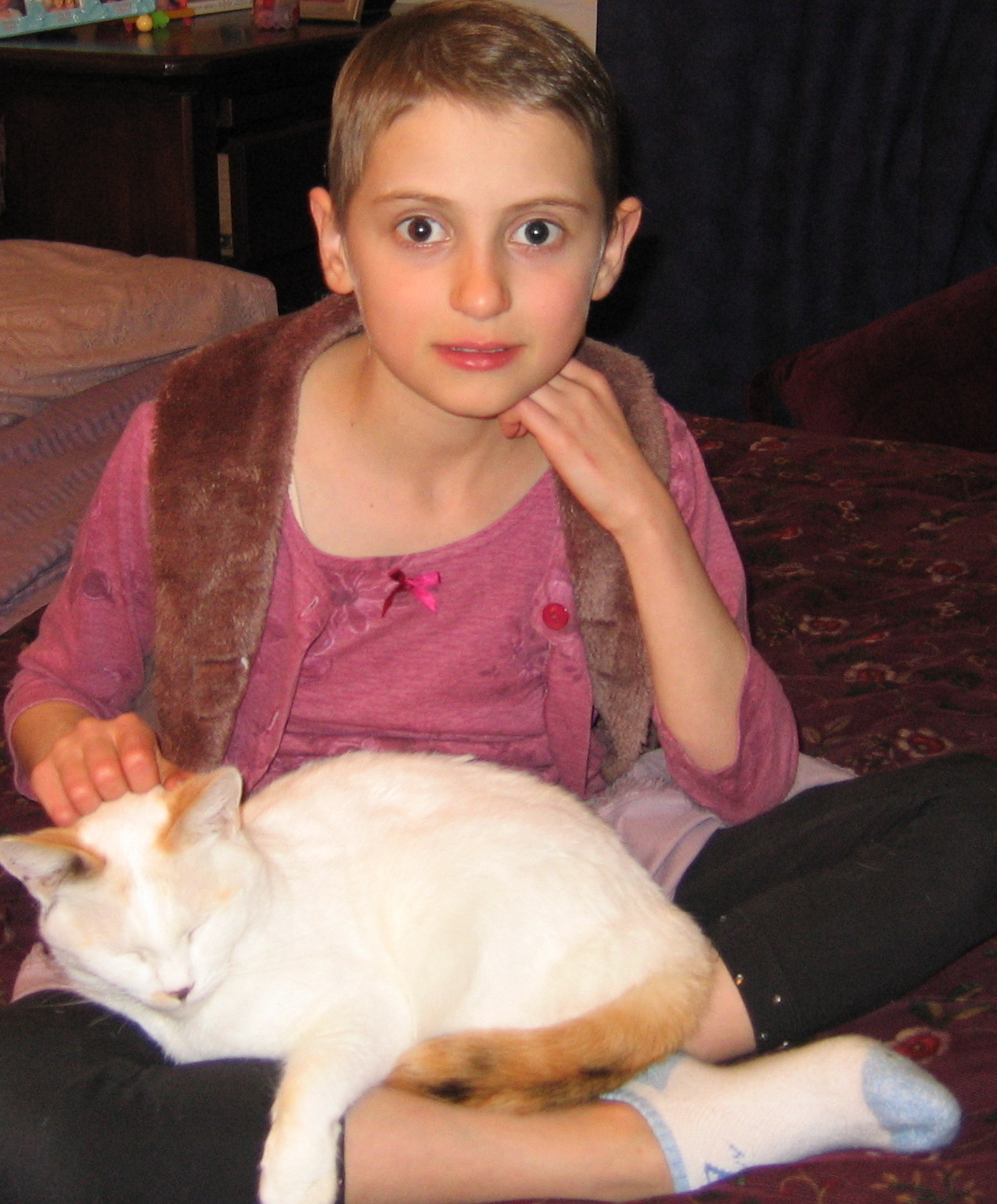Actor Rebecca Romijn is the latest Hollywood celebrity to lend her gorgeousness to the cause of breast cancer awareness. Romijn introduces the "hand bra" in a humorous video made to promote October's breast cancer awareness month. The model and former star of ABC's Ugly Betty gamely hams it up by parodying her Sports Illustrated poses and foisting "the Rebecca Romijn hand bra" on a hapless (and topless) "customer" trying to eat her lunch.
I don't fault the video and I don't fault fundraising for breast cancer research. But I do question the benefits of heaping more awareness on a disease that already suffers from "overawareness."
The National Cancer Institute dedicates more of its funding to breast cancer than any other cancer (nearly twice as much as lung cancer, the most common cause of cancer death in women). Like the government, many of us feel good about directing our charity dollars to breast cancer. Consider this interesting tidbit reported by the American Institute of Philanthropy: two-thirds as many women die of colorectal cancer as those that die of breast cancer. But for every nonprofit serving people with colorectal cancer, there are 20 serving women with breast cancer.
In a provocative article published in the New York Times Magazine, Peggy Orenstein notes that Susan G. Komen, the nation's largest breast cancer nonprofit, which made the pink ribbon ubiquitous, raised $472 million in 2011. But just 16 percent, or $75 million, of Komen's revenue is directed to research, and an extraordinary $231 million is relegated to screening and education.
Screening and education are not saving lives, says Orenstein, a breast cancer patient herself. They are causing overawareness, overdiagnosis and in many cases, women are undergoing potentially life-threatening treatments unnecessarily. That's because many "breast cancer survivors" have been diagnosed following mammograms with ductal carcinoma in situ, a stage zero cancer, described by Dr. Laura Esserman of the Carol Franc Buck Breast Care Center at UCSF, as not cancer -- but a risk factor. Treating DCIS with a double mastectomy or lumpectomy and radiation is the equivalent of performing heart surgery on someone with high cholesterol, says Esserman in Orenstein's article.
Orenstein says that money that could be on spent on research aimed at helping those patients with the worst prognoses is being squandered on creating overawareness, resulting in a sea of pink merchandise and campaigns for annual mammograms, including in women younger than 50. She cites a survey of randomized clinical trials involving 600,000 women that found for every 2,000 screened annually for 10 years, one life is prolonged but 10 healthy women are given breast cancer diagnoses and are treated unnecessarily.
The drive to raise breast cancer awareness is so intense that some nonprofits urge girls to perform monthly self-exams as soon as they start puberty. "The chance of a 20-year-old woman getting breast cancer in the next 10 years is about 0.06 percent," says Orenstein in her article, "roughly the same as for a man in his seventies. And nobody is telling him to 'check your boobies.'"
I'm the mother of a daughter who died from a pediatric brain tumor, the second most common childhood cancer and the most deadly in children ages 5 to 9. Unlike breast cancer in which the average age of diagnosis is 61, most children with brain tumors are diagnosed under the age of 8. While the prognosis for most breast cancer patients is good, the prognosis for children diagnosed with a malignant brain tumor is poor. Approximately 1 in 3 children will live less than five years and of those that do reach adulthood, many will be unable to live independently, due to the side effects of surgery and radiation.
It's mean-spirited to attack Romijn (or Christina Applegate or Melissa Etheridge or Giuliana Rancic or Reese Witherspoon) for choosing breast cancer as their cause, although I'd love to know that the money raised is going to research rather than overawareness.
But as the parent of a child who lost her life to a pediatric brain tumor, I wish just one of these celebs -- who all happen to be parents -- would lend their wow factor to a cancer cause that strikes kids. Surely if there's one thing more wrenching than getting cancer yourself, it's your child getting a pediatric cancer. Unlike adult ones, childhood cancers are not detected early through self exam or routine screening; their incidence cannot be reduced by lifestyle changes and because they're poorly funded, treatment options are limited. Think about it, ladies. This bereaved mom would love to recommend a nonprofit or two that really needs your glittering presence right now.

This article was adapted from a post on The Mourning After Natasha.